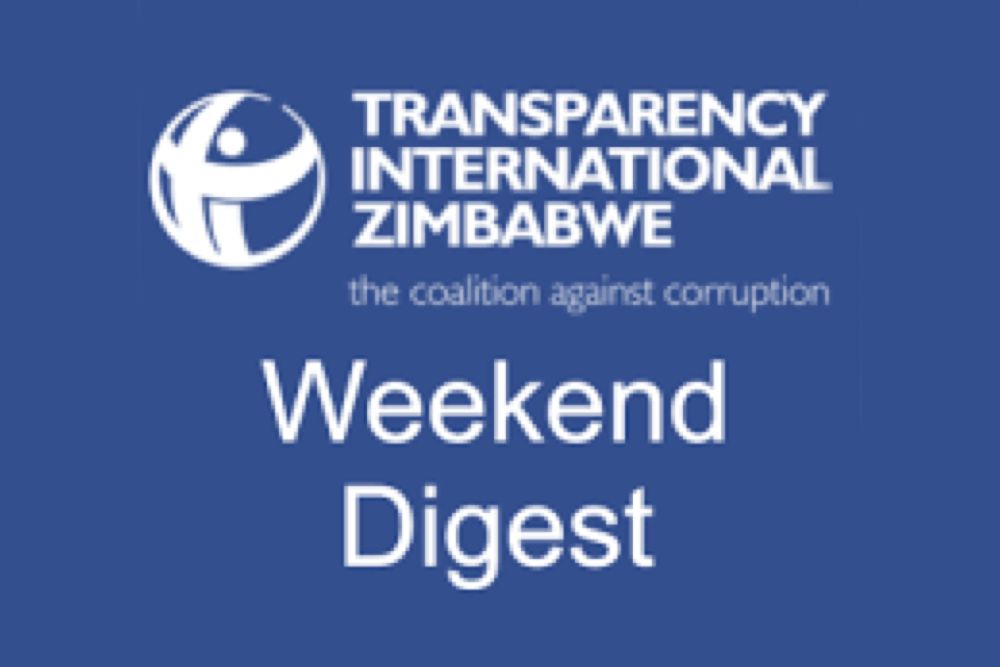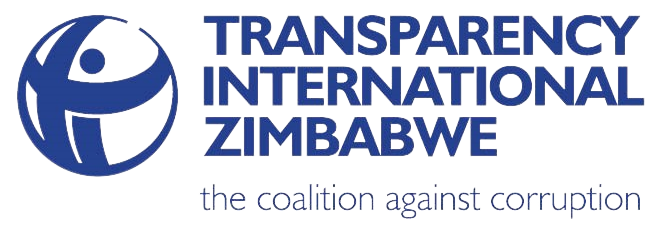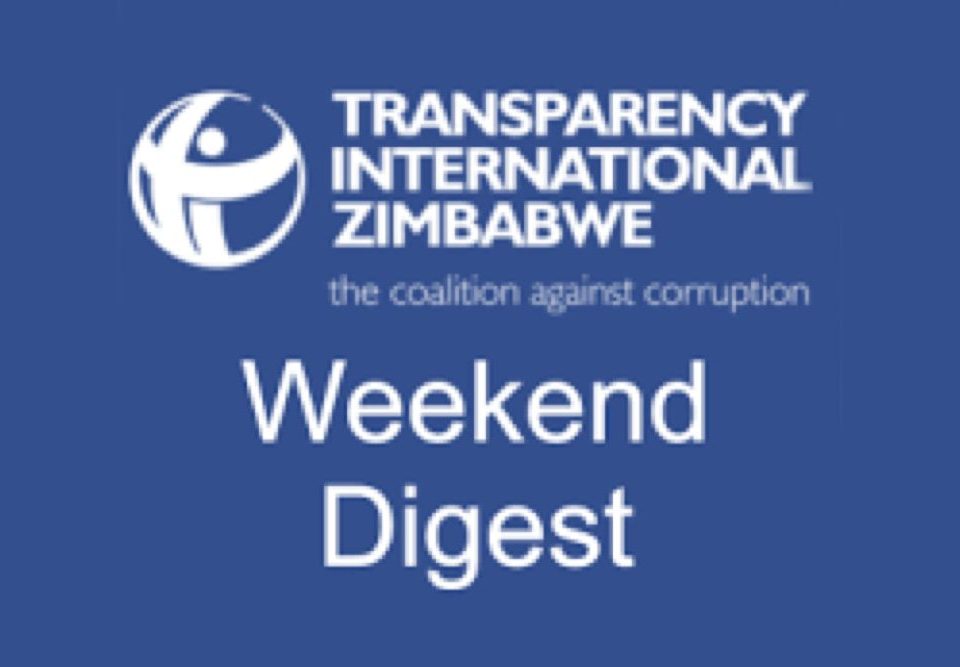
The non-availability of water in the midst of COVID-19 : An issue of bad governance
March 31, 2020
Due Diligence in Public Procurement: The Case of the Gwanda National Solar Project
July 10, 2020By Alois Nyamazana
Background and context
Statistics show that at least 90% of Zimbabweans work in the informal sector, hence the 21 days nationwide lockdown will have a negative impact on the ordinary citizen’s livelihood as they cannot engage in their day to day activities. To mitigate against the shocks caused by Covid-19 pandemic on people’s livelihoods, the government of Zimbabwe recently announced that it had set aside funds to help over one million vulnerable households, through cash transfers.
Cash transfers, defined as the provision of money to individuals, households or communities, either as emergency relief intended to meet their basic needs for food and non-food items, or services, or to buy assets essential for the recovery of their livelihoods, have become a more significant element of humanitarian response. They provide the necessary social safety net for the most vulnerable people in disasters and post-disaster situations whilst also stimulating the economy. A case study of the Zambian Kalomo pilot social cash transfer scheme confirmed that the local economy was indeed stimulated by the purchase of food, soap, blankets, etc., but also agricultural inputs (Schubert B., 2005). Evaluations of cash transfer programmes in Latin America have also shown that money transfer programmes have a positive impact of helping the poor to access basic services such as health and education, hence cash transfers can potentially be used as a rapid and cost-effective tool for poverty reduction.
Corruption risks and opportunities
While some studies have noted that cash transfers have the potential of reducing corruption risks “commonly associated with the procurement, storage, transportation and distribution of in-kind items” they are not entirely immune to the risk for corruption or diversion. Gleaning from its work on enhancing transparency and accountability in the distribution of food aid in Zimbabwe, TI Z brings to the fore two corruption risks that may affect the smooth flow of the government’s proposed money transfer relief programme.
- Corruption in beneficiary selection and targeting: The government has announced that the Social Welfare Department will use its structures to identify the beneficiaries under the facility. However, as with any aid assistance programme, the cash transfers pose a risk of corruption occurring during the beneficiary selection or targeting phase. Communities may collude with those managing the cash transfers or those in charge of conducting the initial assessments to sign up false beneficiaries or in some instances beneficiaries may be forced to hand over a portion of the aid in exchange for inclusion in the project or extorted for sexual favours. Incidences of such corruption have been prevalent with the food aid distribution in Zimbabwe. The impact of corruption at the initial assessment or beneficiary selection phase results in the exclusion of eligible households and the inclusion of non-eligible households. Thus if not properly managed nepotism and favoritism may negatively affect the effectiveness of the programme.
- Political manipulation: A study by Transparency International Zimbabwe revealed that the aid meant for cyclone idai victims in Chimanimani was manipulated for political purposes. The aid was used by some politicians or their proxies to gain political support as well as to buy votes. Those that were believed to be inclined to certain political parties were denied the aid. The culture of politicization of humanitarian aid in Zimbabwe is also rampant in other relief efforts such as food aid and agricultural inputs, among others. Thus, if there are no strong mechanisms to guard against this form of corruption, deserving vulnerable households might fail to benefit from the scheme.
Recommendations
In order to mitigate against the identified corruption risks, Transparency International Zimbabwe proffers the following recommendations:
- Clear and transparent targeting systems: In rolling out the cash transfer program, the government through the Social Welfare Department must come up with a clear, simple and unambiguous eligibility criteria. There is also need for community participation in the selection of the beneficiaries, thus the relevant ministry must embark on an exercise to educate the targeted communities on the guidelines for beneficiary selection. This will empower citizens to be able to hold the government to account in the event of corruption. In Zambia for example, targeting and approval systems are entirely done through the Public Welfare Assistance Scheme structures, using community welfare assistance committees (CWAC) operating at the village level and with members that are elected or approved by the community. Each CWAC receives training and uses a multi-stage participatory process to identify the neediest 10% of household’s reports (Schubert B., 2005).
- Regular reporting to the public on the utilization of the funds: In order to strengthen accountability and public participation in the administration of funds, the Ministry of Finance should consolidate and share periodic reports with the public regarding how the funds are being utilized. Access to information about utilization of the fund allocated for cash transfers will give citizens the much-needed oversight function in this regard.
- Adopt gendered sensitive approaches in the selection of beneficiaries: In order to prevent female beneficiaries from being exposed to sextortion, the government of Zimbabwe should ensure that the selection criteria for beneficiaries is gender sensitive. Loopholes that expose women to sextortion must be identified and dealt with. There is also need to ensure that both men and women are benefiting equally at household level from the fund. The fund administrators should therefore take time to understand the local cultural dynamics and their implications on gender power relations in order to come up with gender sensitive selection and targeting of beneficiaries.
- Use of ICT: In order to improve data quality and transparency, the government should take advantage of ICT to come up with an electronic verifiable database of all beneficiaries of the cash transfers. The government must also adopt the use of mobile money and other e-transfers mechanisms for distributing the funds.
- Clear mechanisms of reporting corruption and protecting whistleblowers: In order to help citizens to report corruption there is need for the relevant stakeholders to come up with clear mechanisms for handling complaints. The citizens must be made aware of such mechanisms and in languages they underhand. Further, the government must also safeguard the identities of whistleblowers by putting in place the necessary legal and institutional framework.
RESIST, REJECT AND REPORT CORRUPTION!


